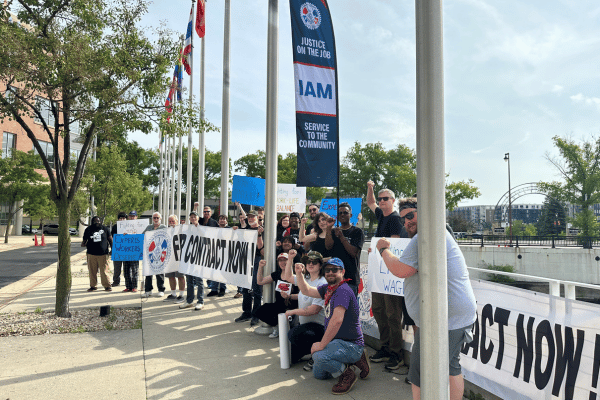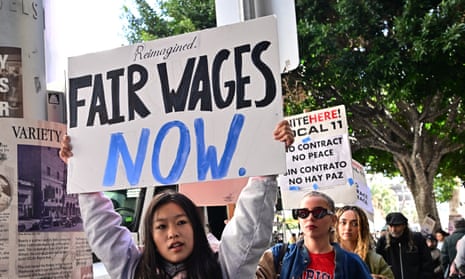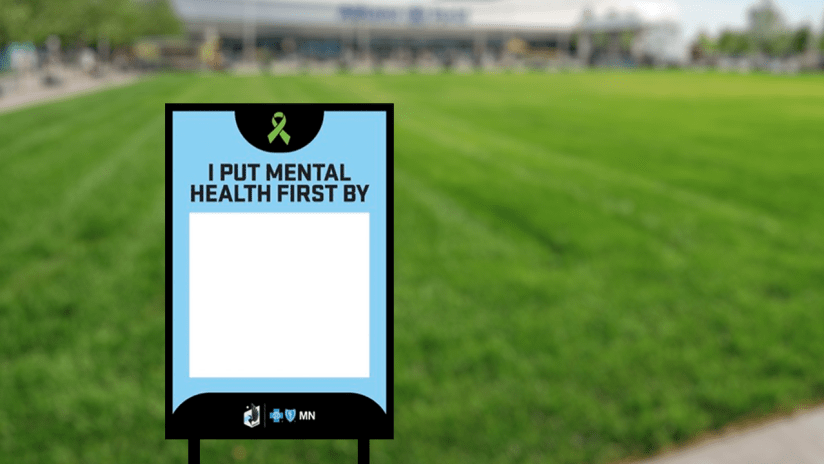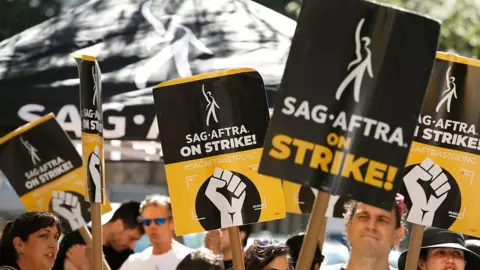Crunch Culture vs.

For those of us who bleed frames per second and spend countless hours lost in meticulously crafted digital worlds, PC gaming is more than just a hobby – it’s a passion. But behind the polished graphics, gripping narratives, and addictive gameplay lies a complex and often troubling reality: the intense pressure and demanding working conditions faced by the developers who bring these virtual universes to life. The industry has long been plagued by "crunch" – periods of extreme overtime and relentless pressure to meet deadlines – but a growing wave of game developer unionization efforts, spearheaded by organizations like the Communications Workers of America (CWA), is challenging the status quo. Is this tension between exploitative labor practices and worker empowerment poised to reshape the future of PC gaming? Let’s dive deep into the issue.
Defining "Crunch" and Its Impact
"Crunch" in game development goes far beyond simply working a few extra hours to meet a deadline. It’s a systemic problem characterized by sustained periods of mandatory overtime, often stretching to 60, 70, or even 80 hours per week, for weeks or months on end. This pressure-cooker environment takes a devastating toll on developers' physical and mental health, leading to burnout, anxiety, depression, and strained personal relationships.
Consider some anonymous accounts sourced from Glassdoor reviews between 2020 and 2023. One reviewer at a major studio wrote: "I haven't seen my family in weeks. We're expected to be online at all hours to fix bugs and implement last-minute changes. The stress is unbearable, and everyone is exhausted." Another stated: "The company culture glorifies overwork. If you're not pulling all-nighters, you're not considered a team player." Such accounts highlight the insidious nature of crunch, where dedication is often measured by hours clocked rather than quality of work.
Data from the 2021 IGDA Developer Satisfaction Survey further underscores the severity of the issue. The survey revealed that a significant percentage of game developers reported working 60+ hour weeks during crunch periods, and that crunch was strongly correlated with increased rates of burnout and mental health issues. This is not sustainable, and it's certainly not conducive to creating innovative, high-quality games.
The Cost of Crunch on PC Game Quality
The impact of crunch extends beyond the well-being of developers; it directly affects the quality of the games we play on our PCs. Rushed development cycles and sleep-deprived programmers inevitably lead to more bugs, glitches, and unfinished features.
Look at the launch of Cyberpunk 2077. While the game had huge hype and ambition, it was plagued by issues. As detailed in Jason Schreier's Bloomberg article "Cyberpunk 2077: The Story of a Troubled Production," the studio reportedly endured intense crunch conditions in the lead-up to release. This is believed to have directly contributed to the numerous bugs, clipping issues, AI pathing problems, and unimplemented skill trees that plagued the initial release. Similarly, the release of Diablo IV, while commercially successful, was met with criticisms regarding its lack of end-game content – a deficiency that some attribute to potential crunch-induced time constraints during development. Forum complaints and critical reviews noted that the end-game felt rushed and incomplete, suggesting that developers may not have had sufficient time to fully flesh out this crucial aspect of the game.
Then there is Baldur's Gate 3. It is a sprawling, ambitious, and largely beloved PC game. Did its development have periods of unsustainable overtime? While concrete evidence is hard to find, the sheer scale and complexity of the game raises questions. It's important to acknowledge that without direct, verified accounts, attributing any issues solely to crunch would be speculative.
Analyzing Unionization Efforts
In response to these issues, game developers are increasingly turning to unionization as a means of protecting their rights and improving their working conditions. The Communications Workers of America (CWA) has emerged as a leading force in this movement, achieving significant victories in recent years.

The CWA's successes in unionizing Microsoft and Activision Blizzard are particularly noteworthy. The agreement with Microsoft, for instance, guarantees pay increases for unionized employees and provides neutral pathways for unionization across their studios. This groundbreaking agreement sets a new standard for labor relations in the gaming industry and demonstrates the power of collective bargaining. The voluntary recognition of the ZeniMax Workers United union further illustrates the growing momentum of the unionization movement.
Challenges and Benefits of Unionization
Despite these successes, game developers face significant challenges when trying to unionize. Legal and cultural barriers, including anti-union sentiment and fear of retaliation, can make it difficult to organize. The Activision Blizzard case, where the NLRB found that the company illegally threatened and retaliated against employees who supported the union, is a stark reminder of the obstacles that developers face.
However, the potential benefits of unionization extend far beyond improved pay and working conditions. Unionization could lead to more creative freedom, better collaboration, and more diverse and inclusive work environments. A Kotaku article about how unions positively affect gaming noted that union contracts often ensure workers have a stronger voice in the creative process, reducing the risk of top-down mandates that stifle innovation. Similarly, academic research has shown that unionized workplaces tend to be more diverse and equitable, as collective bargaining can address systemic inequalities.
Ethical Considerations for PC Gamers
As PC gamers, we have a responsibility to consider the ethical implications of the games we purchase and play. Do we want to support studios that perpetuate crunch culture and exploit their employees, or should we prioritize ethical game development practices?
This is a complex ethical dilemma, with valid arguments on both sides. Some argue that boycotting games developed under crunch conditions is a necessary step to pressure studios to change their practices. Others maintain that it's unfair to punish developers who have poured their heart and soul into a game, even if they were subjected to crunch.
Ultimately, the decision of whether or not to boycott a game is a personal one. However, it's crucial to be informed about the labor practices of the studios behind the games we play.
Supporting Ethical Game Development
So, what can PC gamers do to support ethical game development and worker rights?
- Research: Before purchasing a game, research the developer's labor practices. Look for information about unionized studios or those with strong publicly stated ethical labor standards.
- Support Indie Developers: Indie developers are often more transparent about their working conditions and are more likely to prioritize ethical labor practices.
- Advocate: Use your voice on social media and in online forums to advocate for better working conditions in the gaming industry.
- Donate: Support organizations like Game Workers Unite, which advocate for game developers' rights.

Financial Implications and Potential Strikes
Unionization inevitably has financial implications for PC game companies. Increased labor costs could affect game development budgets, pricing strategies, and investment decisions. Industry analyst reports from firms like Newzoo may provide insights into these potential financial impacts.
The potential for strikes is another factor to consider. While strikes are rare in the gaming industry, they are a powerful tool that workers can use to pressure companies to meet their demands. The recent Writers Guild of America strike serves as a reminder of the potential consequences of labor disputes.
Developer Perspectives
Understanding the perspectives of developers themselves is crucial to understanding the complexities of this issue. While many developers are hesitant to speak out publicly for fear of retaliation, some have shared their experiences anonymously.
One developer, speaking anonymously, stated: "The pressure to deliver is immense. We're constantly told that our jobs are on the line if we don't meet deadlines. It's a toxic environment that takes a toll on your mental and physical health."
It is important to note that there are also developers who oppose unionization, believing that it could stifle creativity and innovation. However, the growing momentum of the unionization movement suggests that a significant number of developers believe that it is necessary to protect their rights and improve their working conditions.
Ethical Game Studios
ZA/UM, the developers of Disco Elysium, had progressive labor practices before internal turmoil. It seemed as though they prioritized fair compensation and a collaborative work environment. While the alleged power struggle and its consequences are regrettable, the studio's initial approach offers a glimpse into the potential benefits of ethical labor practices.
The Future of PC Gaming
The future of PC gaming hinges on our collective commitment to ethical labor practices. Transparency and accountability are key drivers in pushing the industry toward greater responsibility. By using our purchasing power, social media influence, and direct communication with developers, we can advocate for better working conditions and help create a more sustainable and equitable gaming industry. Consider contacting the Game Workers Unite to discuss ways to get involved.

It won't be an easy fight, but it's a fight worth fighting for. The games we love are only as good as the people who make them, and by supporting ethical labor practices, we can ensure that the PC gaming industry remains a vibrant and innovative force for years to come.


